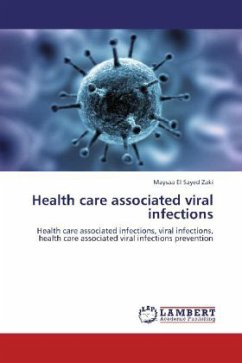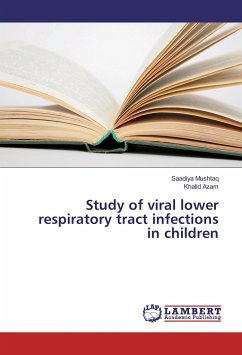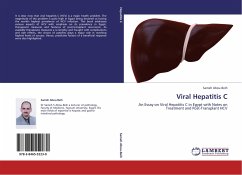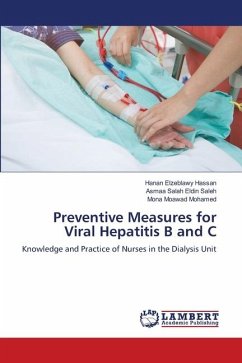A Health care associated viral infection is defined as a viral infection the onset of which occurs when the patient has been hospitalized longer than the incubation period of the virus. Viruses account for about 5% of all nosocomial infections. Viral cross-infection is most common in infants and children but also occurs in other groups, including the elderly, institutionalized persons of all ages, immunocompromised hosts, and patients with underlying chronic pulmonary, renal, or cardiac disease. These infections are associated with extended length of hospital stay and considerable morbidity and mortality. There is increase in number of reports about health care associated viral infections; however there have been few studies about viral infections especially transplantation recipients either of solid organs or bone marrow transplantation. Moreover, patients with hematological malignancies are high risk group for health care associated infections because of many factors as impaired immunity,administration of cytotoxic chemotherapy or receiving bone marrow transplantation.
Bitte wählen Sie Ihr Anliegen aus.
Rechnungen
Retourenschein anfordern
Bestellstatus
Storno








